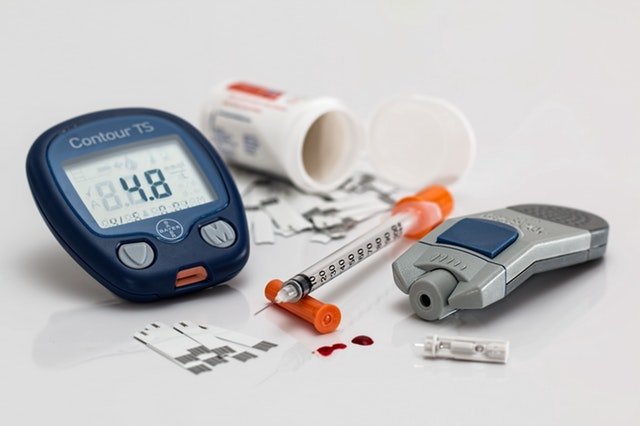
In a recent study, researchers from University of California San Diego find that people with vitamin D deficiency may have much greater risk of diabetes.
The scientists studied 903 healthy adults with no pre-diabetes or diabetes during clinic visits from 1997 to 1999, and then followed the participants through 2009.
Vitamin D levels in blood were measured during these visits, along with fasting plasma glucose and oral glucose tolerance.
Over the time, there were 47 new cases of diabetes and 337 new cases of pre-diabetes.
In pre-diabetes, blood sugar levels are higher than normal but not yet high enough to be categorized as type 2 diabetes.
The researchers found that participants with blood levels of vitamin D that were above 30 ng/ml had 33% of the risk of diabetes and those with levels above 50 ng/ml had 20% of the risk of developing diabetes.
In addition, people with blood vitamin D level lower than 30 ng/ml were up to five times at greater risk for developing diabetes than people with levels above 50 ng/ml.
The team suggest the minimum healthy level of vitamin D in blood plasma to be 30 ng/ml. People with vitamin D levels below 30 ng/ml were considered vitamin D deficient.
This is 10 ng/ml above the level recommended in 2010 by the Institute of Medicine, now part of The National Academies, a health advisory group to the federal government.
Many groups, however, have argued for higher blood serum levels of vitamin D, as much as 50 ng/ml. The matter remains hotly debated.
To reach blood vitamin D levels of 30 ng/ml, a person needs dietary supplements of 3,000 to 5,000 international units (IU) per day.
The amount can be less with the addition of moderate daily sun exposure with minimal clothing (approximately 10-15 minutes per day outdoors at noon).
Higher daily amounts of vitamin D are generally considered safe, but blood serum levels exceeding 125 ng/ml have been linked to adverse side effects, such as nausea, constipation, weight loss, heart rhythm problems and kidney damage.
The findings are reported in PLOS One.
Copyright © 2018 Knowridge Science Report. All rights reserved.



